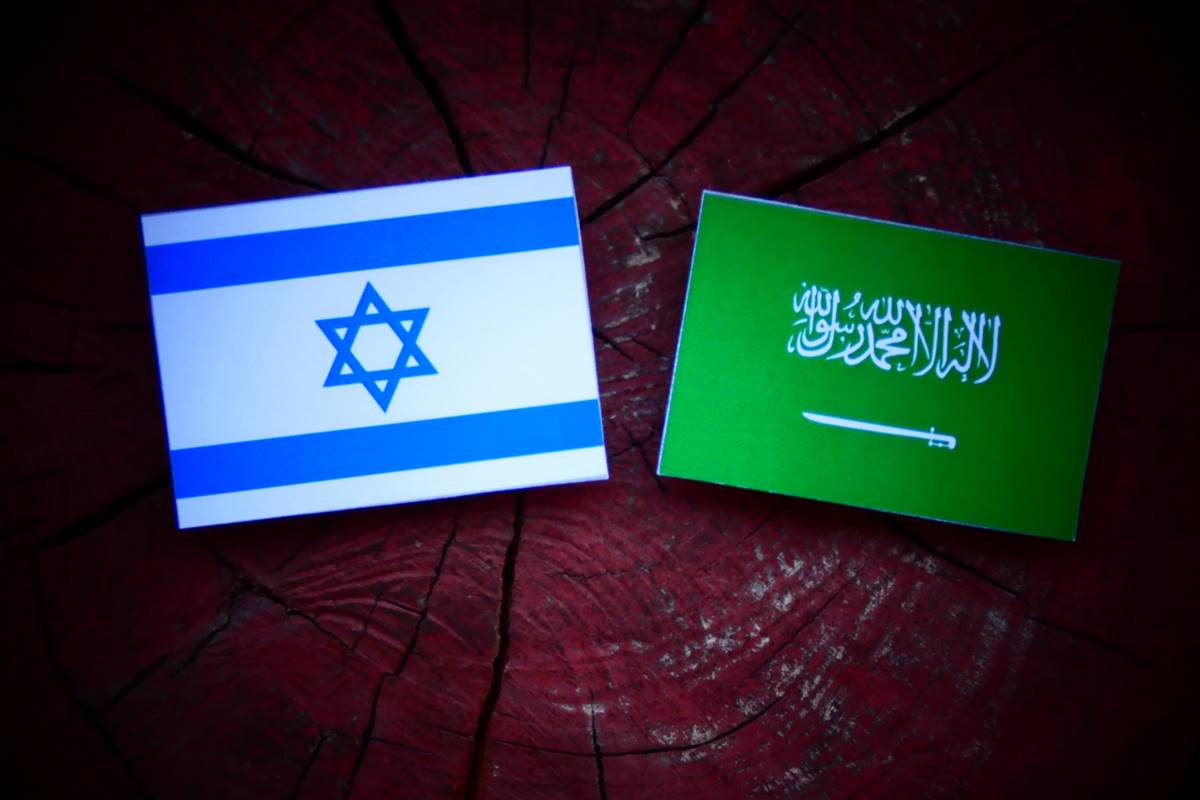Israel says killed local Hamas leader in West Bank’s Jenin
Israeli forces killed a local Hamas leader in Jenin, northern West Bank, on Tuesday, according to the Israeli military.
History has demonstrated time and again that demanding change through nonviolence is an effective path to reconciliation and brotherhood.

(Photo: Getty Images)
The Israel lobby has an outsized influence on American foreign policy and politics. That is why powerful voices of change like US Congresswoman Ilhan Omar, who noted the clout of the Israel lobby, are smeared as anti-Semitic. The partisan politicians levelling such charges are obviously discouraging criticism of Israel.
The real problem in Washington is not the supposed hate mongering of progressives but the calculated campaign to suppress their free speech rights. Conflating criticism of Israel with criticism of Jews does not withstand rational scrutiny. Nonetheless, the silencing of critics is being codified into law. Several US state governments as well as the US Congress are enacting statutes that suppress free speech.
Advertisement
These statutes criminalise criticism of Israel. They target the free speech activities of the Boycott Divestment and Sanctions (BDS) movement by requiring that those doing business with the government must sign a pledge disavowing support for the BDS movement. Such measures are patently unconstitutional.
Advertisement
Engaging in the boycott of powerful political adversaries is a cherished American tradition — witness the anti-apartheid and civil rights movements. In fact, a landmark free speech judgment of the U.S. Supreme Court has categorically upheld the First Amendment right of protesters to engage in a political boycott.
In NAACP v Claiborne Hardware Co.(1982), African American citizens boycotted white owned stores and businesses to protest segregation. Store owners sued the boycotters, but the Supreme Court unanimously supported the right to non-violently engage in a political boycott. Given the salience of this precedent, the legislative attempts to stymie the BDS movement must be struck down as unconstitutional.
The non-violent boycott is an approach that Palestinians have practiced going back to the 1960s. Palestinian lawyers, teachers and activists have repeatedly relied on a non-violent boycott to press for change. Indeed, boycotts formed the backbone of the first intifada or uprising against Israeli occupation.
A recent article in the Guardian newspaper details how “consumers boycotted Israeli goods and services, labourers in Israeli industries refused to work, shops closed down in unison, customers withdrew funds from Israeli banks…and police resigned” during that time.
The BDS movement seeks to compel Israel to withdraw from its West Bank settlements in compliance with international law. In demonising the BDS movement, Israel and its allies are therefore spurning the opportunity to achieve a peaceful resolution to an increasingly intractable dilemma. Israel should appreciate that it is being confronted with a non-violent protest movement, as it has been in times past, which seeks compliance with international law. But by quashing the first intifada and building settlements in the West Bank, it dissipated the voices of non-violence in Palestine.
When the second intifada devolved into violence and violent retribution, the focus on non-violent opposition to Israel migrated to the college campuses of the West, which tapped into the tactic of boycott and divestment. It is this flowering of nonviolent protest in the West that culminated in the formal creation of the BDS in 2005. It rekindled the possibility of nonviolently catalyzing compliance with international law.
Israel’s ally Saudi Arabia has also been guilty of demonising non-violent opposition and flouting international law, among other misdeeds. The Saudi attacks on Yemen has been called the greatest abuse of international law and human rights in the world today. It has left millions of Yemenis dead or on the brink of starvation. Saudi Arabia currently has among the world’s worst environmental records and defies all international climate treaties. It has been responsible for funding global terror campaigns and for violently cracking down on internal dissidents.
Saudi Arabia recently executed in the most barbaric manner one of its own citizens, the journalist Jamal Khashoggi. Such a brazen disregard for the comity of nations and the rule of law beggars belief. Saudi Arabia and Israel are the two outlaw states in the Middle-East. While the above actions of both Israel and Saudi Arabia fall far outside international law, boycotting them does not mean blockading them or questioning their right to exist. Palestine has as much of a right to exist as Israel under the international law of self-determination.
The Saudi people must not become pawns in the great game of world powers either; the harsh conditions that Saudi women and men live under must inspire social change. The international community needs to send a clear message to both nations that defiance of the international rule of law will be defeated by non-violent protest movements both within these countries and without. History has demonstrated time and again that demanding change through nonviolence is an effective path to reconciliation and brotherhood.
(The writers are faculty members of Jindal Global Law School in Sonipat, Haryana.)
Advertisement